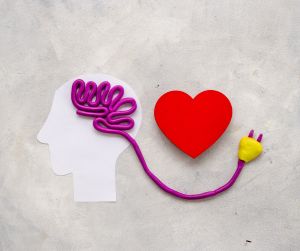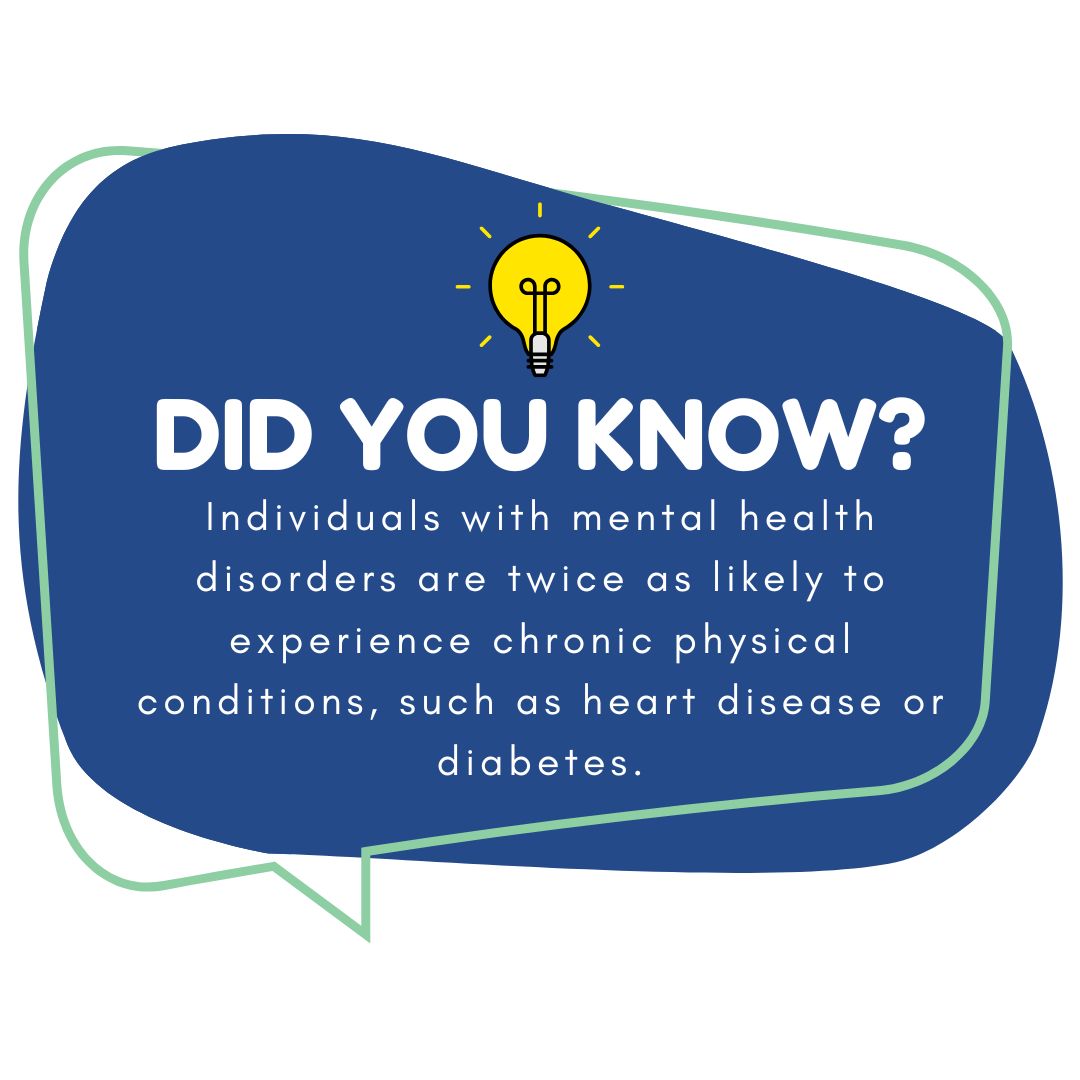Can Mental Health Affect Physical Health? Understanding the Connection
Can Mental Health Affect Physical Health? The answer is yes, but the ways that it affects physical health may be surprising. Many people may not realize that mental health can have a significant impact on physical health. Research shows that stress, anxiety, and depression can lead to various physical problems, such as heart disease and weakened immune function. Understanding this connection is crucial for both mental and physical well-being.
When someone experiences mental health issues, their body can respond in surprising ways. For example, high levels of stress hormones may cause fatigue, headaches, or digestive issues. These physical symptoms can make it even harder for individuals to manage their mental health, creating a cycle that is difficult to break.
Recognizing the link between mental and physical health is the first step toward finding effective solutions. Addressing mental health needs may also improve physical health. This knowledge can guide people in seeking help and making lifestyle changes that enhance their overall quality of life.
Interconnection of Mental and Physical Health
Mental and physical health are closely linked. Changes in one’s mental state can have significant effects on physical well-being and vice versa. Understanding this connection can help improve overall health.
Bidirectional Influence
Mental health issues can lead to physical problems. For example, depression can cause fatigue and chronic pain.
On the other hand, illness can affect mental health. A person with a chronic disease may experience anxiety or depression due to their condition.
Research shows that individuals with better mental health often have fewer physical health problems. They may recover from illnesses faster and have a better quality of life.
Physiological Pathways
The body and mind communicate through various physiological pathways. Stress hormones, like cortisol, can impact physical health. High levels of these hormones can lead to issues like heart disease and weakened immune response.
Additionally, mental health conditions can affect the body’s inflammatory response. For instance, anxiety can increase inflammation, leading to chronic conditions.
Changes in brain chemistry can also play a role. Neurotransmitters, which affect mood, can influence physical outcomes, such as pain perception.
Psychological Stress Response
Psychological stress triggers reactions in the body. When stressed, a person’s heart rate and blood pressure can rise. If the stress persists, it can lead to long-term health problems.
Moreover, stress can lead to unhealthy behaviors. When feeling overwhelmed, individuals may eat poorly, drink alcohol, or stop exercising.
These choices can harm physical health, creating a cycle that affects both mind and body. Recognizing and managing stress is vital for maintaining good health in both areas.
Source: World Health Organization
Impact on Health Outcomes
Mental health can significantly influence physical health. Understanding how these two areas connect requires understanding various aspects, such as chronic disease risk, health behaviors, and treatment methods.
Chronic Disease Risk
Mental health issues can raise the risk of chronic diseases. Conditions like depression and anxiety can lead to unhealthy habits. For instance, individuals may adopt a poor diet, lack exercise, or smoke more. These behaviors increase the chances of heart disease, diabetes, and obesity. Research shows that stressed individuals may respond poorly to medical advice, further worsening their health. Therefore, recognizing mental health problems can be essential for preventing chronic illnesses.
Health Behavior Modification
Mental health affects how people engage in healthy activities. Those struggling with anxiety or depression often have reduced motivation. This can lead to neglecting exercise or regular medical check-ups. Mood disorders may hinder individuals from managing their weight or taking medications as prescribed. Positive mental health can encourage better lifestyle choices. For example, support groups and therapy can promote healthy eating and physical activity. Improved mental health often leads to improved health behaviors, creating a cycle of better overall health.
Treatment and Management
Managing mental health is crucial for better physical health outcomes. Effective treatment options include therapy, medication, and lifestyle changes. Cognitive-behavioral therapy, for instance, can help reshape negative thoughts and encourage healthier habits. When mental health is prioritized, patients often see improvements in their physical health. Addressing both areas together can enhance treatment effectiveness. This approach leads to greater adherence to medical advice and healthier outcomes in chronic conditions. Integrating mental and physical health care is vital for comprehensive wellness.
Frequently Asked Questions Related to Can Mental Health Affect Physical Health
Mental health has a strong connection with physical health. Various factors like stress, anxiety, and depression can affect how the body functions. Below are common questions about this relationship.
How can stress and anxiety lead to physical health issues?
Stress and anxiety can trigger physical problems like headaches, digestive issues, and high blood pressure. When a person is stressed, the body releases hormones that can affect heart health and immune function.
What are the signs that your mental health might be impacting your physical wellbeing?
Signs include fatigue, frequent illnesses, and changes in appetite or sleep patterns. A person might also experience unexplained aches and pains or a general feeling of being unwell.
In what ways can depression affect one’s physical health?
Depression can lead to changes in sleep and eating habits. It can cause fatigue, increase pain sensitivity, and lower the immune system’s ability to fight infections.
How does good mental health contribute to overall physical health?
Good mental health promotes a healthy lifestyle. It motivates people to exercise, eat well, and maintain social connections, which are all important for physical health.
Can improving mental health lead to better physical health outcomes?
Yes, improving mental health can lead to better physical health. When people feel better mentally, they are more likely to engage in healthy behaviors and seek medical care when needed.
What is the evidence of the connection between mental and physical health from scientific studies?
Research shows a clear link between mental and physical health. Studies indicate that individuals with mental health conditions often face higher risks of chronic illnesses, confirming the relationship between the two.
You’re not alone, and help is always within reach. Contact us today at (774) 619-7750 and take control of your mental health.





